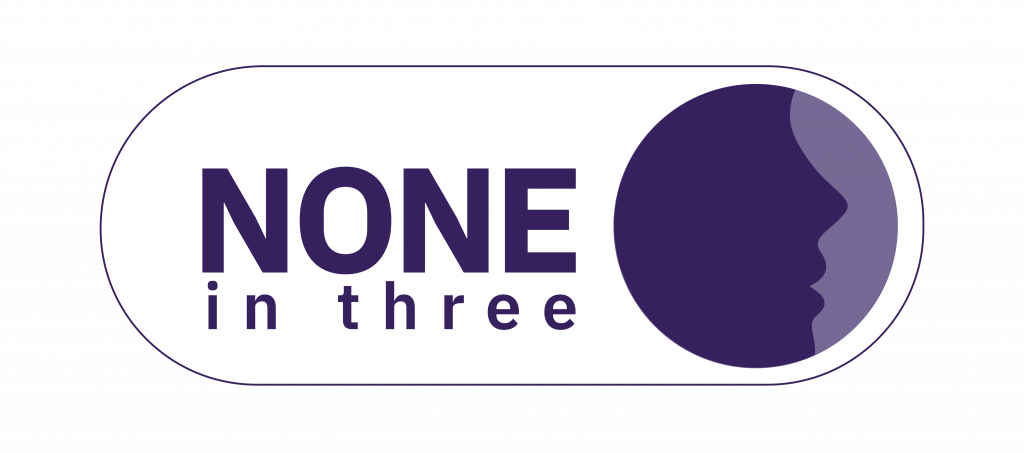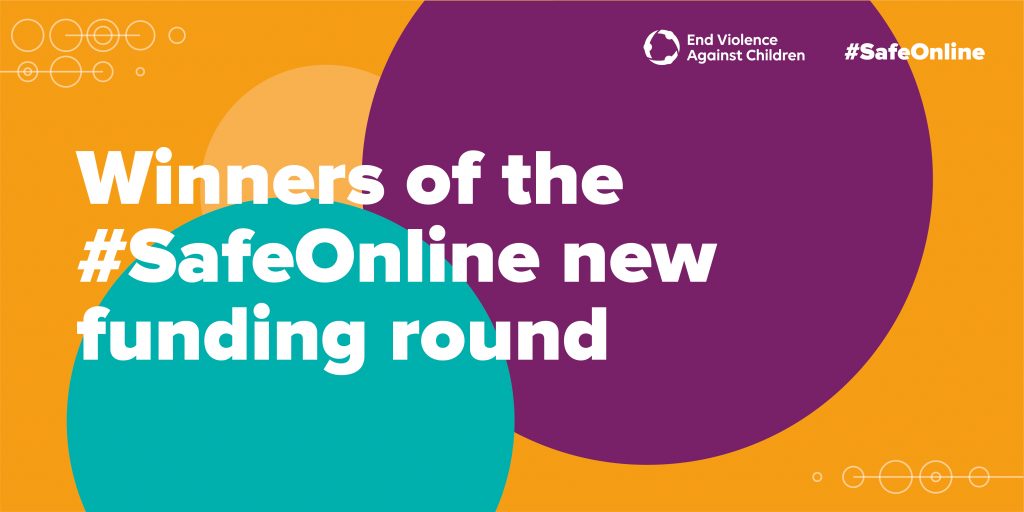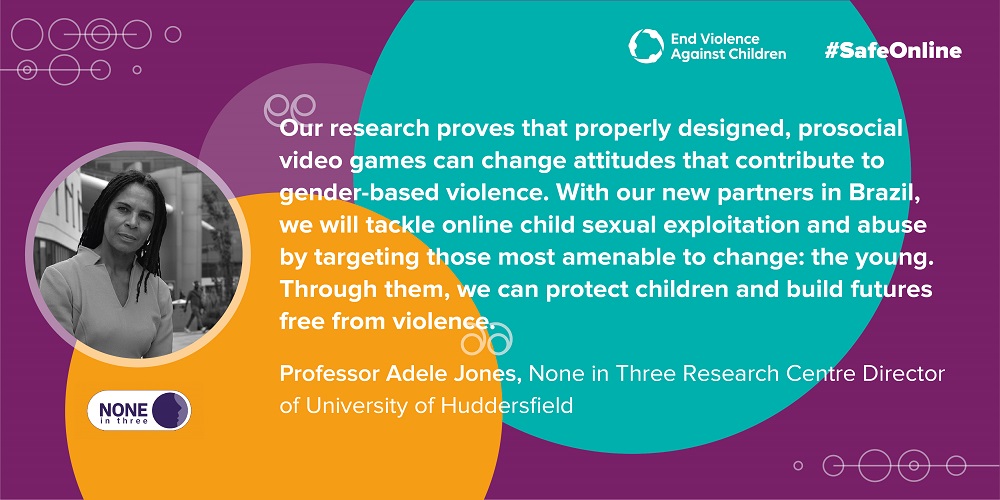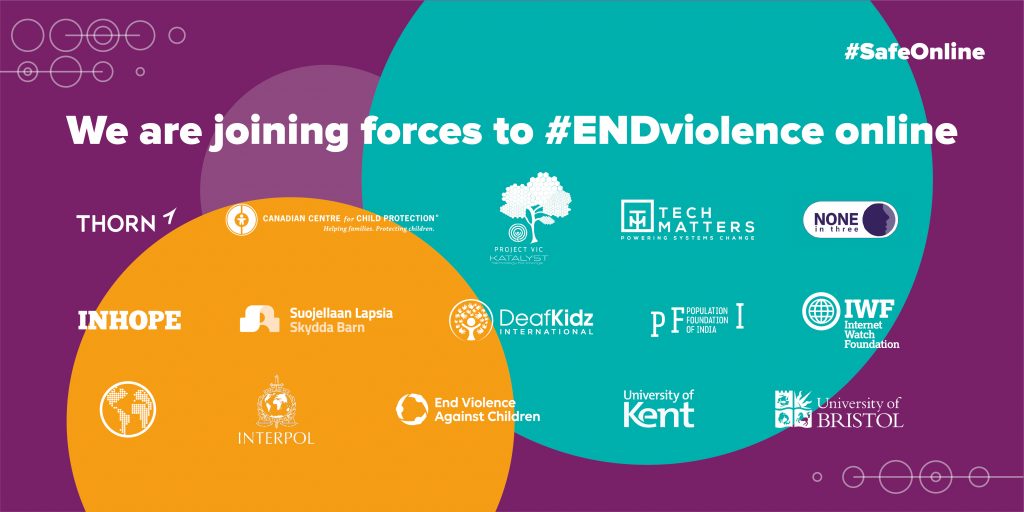We’re delighted to announce that we have been awarded funding from the United Nations’ prestigious Fund to End Violence Against Children. The Centre is proud to be one of 14 projects worldwide to be awarded through the Fund’s latest Safe Online investment round of 10 million US Dollars.
Working in partnership with the Universidade Estadual de Londrina (UEL) and Promundo, both in Brazil, the team, led by Professor Adele Jones and Professor Patricia Tzortzopoulos, will conduct research into online child sexual exploitation and abuse (CSEA). They will use the findings to develop and evaluate ‘Emilio’, an educational video game targeted specifically at young males considered to be at risk of engaging in online abusive behaviour.
The game will aim to head off potential online CSEA at its roots by addressing its underlying drivers among those most amenable to change, the young. Because young people are still developing, it is easier to help them modify their thinking patterns and to make the link between emotion and behaviour; essential for violence prevention.
The innovative research follows the Ni3 Centre’s established model which proved the effectiveness [1] of its first game, ‘Jesse’, focusing on domestic violence and developed for Caribbean children. The Centre is entering the final year of a £4.3 million project in which research has been conducted with survivors and perpetrators of gender-based violence, and surveys have been conducted with 30,000 children to understand their exposure and attitudes to violence, in Uganda, Jamaica, India and the UK. Four culturally appropriate games from the current project will be released during 2021.
The new ‘Emilio’ project kicks off in January 2021 and will run for two years, with a grant of 750,000 US Dollars.
Online CSEA is perhaps the worst manifestation of what can happen when children enter the digital world unprotected. Every half second, a child goes online for the first time [2]. At any one time, 750,000 individuals are estimated to be looking to connect with children for sexual purposes [3].
Universal Internet access is predicted by, at the very latest, 2050. That expansion will bring about unprecedented opportunities and incredible connections, leading to the development of communities across the globe. However, to truly harness the benefits of the Internet, we need to protect its most vulnerable users – children.
Collectively, we must do more to invest in the solutions we know work and scale them up for national and global impact. This is not only about human and financial resources, but also about enhancing coordination and sharing evidence and documentation on what is working – and what is not. We must partner with children as agents of change. We must listen to and involve children in the decisions and solutions that affect their lives.
As practitioners, parents, friends, community members, faith leaders, policymakers and researchers, we must act with urgency, and strengthen our movement to do more for children. None in Three’s child-centred approach focuses on prevention through education, ensuring young people’s voices are heard, and underpin the solutions we develop.
Dr. Howard Taylor, Executive Director, End Violence, says: “The global reach of the new grantees’ projects give them the potential to impact every child online — no matter where they live. By leveraging technology and strengthening collaboration, we are creating a stronger global ecosystem to tackle the most serious type of online violence: sexual exploitation and abuse.”
Find out more at: http://bit.ly/SafeOnline_invests & on the University of Huddersfield website at https://www.hud.ac.uk/news/2020/october/none-in-three-prosocial-game-project-funding/
[1] Prosocial video game as an intimate partner violence prevention tool among youth: A randomised controlled trial Boduszek, D.,Debowska, A. Jones, A.D., Ma, M., Smith, D., Willmott, D., Trotman Jemmott, E., Da Breo, H., & Kirkman, G. (2019). . Computers in Human Behavior. 93, 260-266 (ISSN 0747-5632)
[2] “’Protect Children and their Digital Footprint,’ Urges UNICEF on Safer Internet Day.” UN News. 6 February 2018, available at https://news.un.org/en/story/2018/02/1002081
[3] Terre des Hommes. “The Dark Side of the Internet for Children: Online Child Sexual Exploitation in Kenya – A Rapid Assessment Report.” 2018, available at: https://www.terredeshommes.nl/sites/ tdh/files/uploads/tdhnl_ocse_in_kenya_ research_report_feb_2018.pdf




